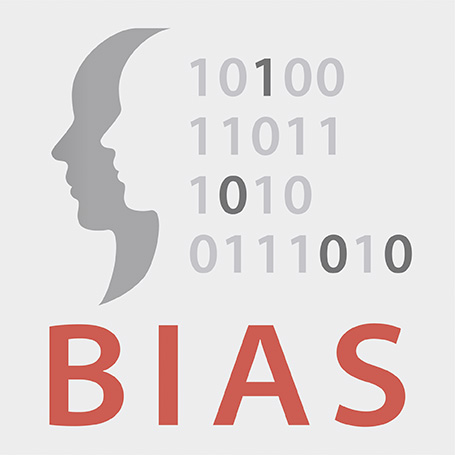AI techniques based on big data and algorithmic processing are increasingly used to guide decisions in important societal spheres, including hiring decisions, university admissions, loan granting, and crime prediction. The discriminative impact of AI-based decision-making to certain population groups has been already observed in a variety of cases and the need to move beyond traditional AI algorithms optimized for predictive performance has been identified. Our interdisciplinary team of experts from philosophy, law and computer science will examine how standards of unbiased attitudes and non-discriminatory practices can be met in big data analysis and algorithm-based decision-making.
Funded by: Volkswagen Foundation under the call Artificial Intelligence and the Society of the Future




